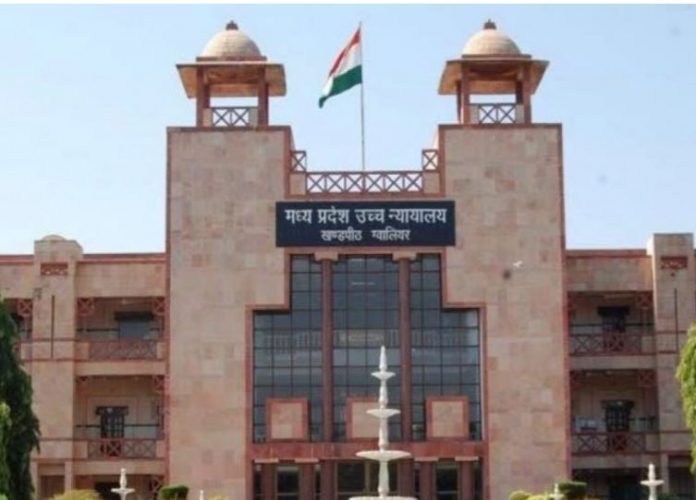The Madhya Pradesh High Court expressed surprise at the attitude the Government Authority of reserving the wards of the city council as per the old census.
The case was heard by the Division Bench of Chief Justice Mohammad Rafiq and Justice Vijay Kumar Shukla. During the hearing, Advocate N.S. Ruparah, appeared for petitioner Pradeep Rai, a resident of Bina, Sagar.
The counsel for the petitioner submitted that the respondents are not providing reservation of seats in the wards of the Municipal Council, Bina, District Sagar as per mandate of Section 29-A of the MP Municipalities Act, 1961 in the same proportion to the total number of seats to be filled by direct election in the municipality as the population of the Scheduled Castes and Scheduled Tribes in the municipal area bears to the total population of that area and such wards shall be those in which the population of the Scheduled Caste and the Scheduled Tribes, as the case may be, is most concentrated.
The counsel further submitted that the petitioner demanded and was provided the information under Right to Information Act by the District Election Officer, Sagar by its letter No.Ka/40/Stha.Nirwa./ 2020 dated 20.1.2021 with which he was also provided the list of the wards constituted on the basis of the 1991 census. It is contended that reservation has been provided in the wards where concentration of the Scheduled Caste and Scheduled Tribes is lesser as compared to the other wards.
Ankit Agrawal, Government Advocate, stated that the reservation pertains to the previous election and that the petitioner has averred whether the notice under Rule 7 of the Rules of 1994 has been issued in respect of the present election.
While considering the arguments, the Court was of the view that the reservation of wards for the Scheduled Castes and the Scheduled Tribes shall be provided as per the MP Municipalities Extent of Wards Rules, 1994 which have been framed by the State Government in exercise of powers conferred upon it by Section 355 of the Act for the purpose of carrying into effect the provisions of that Act. Section 29-A of the Act.
For the purpose of undertaking that exercise, Rule 3 of the Rules of 1994 provides that Municipal area shall be divided into wards in number equal to the number of wards as determined by the State Government under sub-section (1) of Section 29 of the Act and that the population of every municipal area on dividing by the number of wards as determined for that municipal area, the quotient so arrived shall be the average population of a ward in which a variation up to 15%, may be allowed. What would be meant by the “Population” would have to be taken from the definition given in Rule 2(5) of the Rules of 1994 which means “the population as ascertained at the last preceding census of which the relevant figures have been published”, the court observed.
The court expressed surprised, “We, therefore, do not see any reason why the respondents shall not take the published figures of the population, according to the census of 2011, as the basis for providing reservation to Scheduled Castes and Scheduled Tribes under Section 29 read with Section 29-A of the Act.”
The bench while disposing the Petition directed the Petitioner to approach the Collector-cum-District Election Officer, Sagar, who shall undertake the exercise for reservation of wards strictly in accordance with the provisions of Section 29 read with Section 29-A of the Act read with Rules 2(5) and 3 of the Rules of 1994.
Read Also: Allahabad HC stays arrest of Mukhtar Ansari in property case


